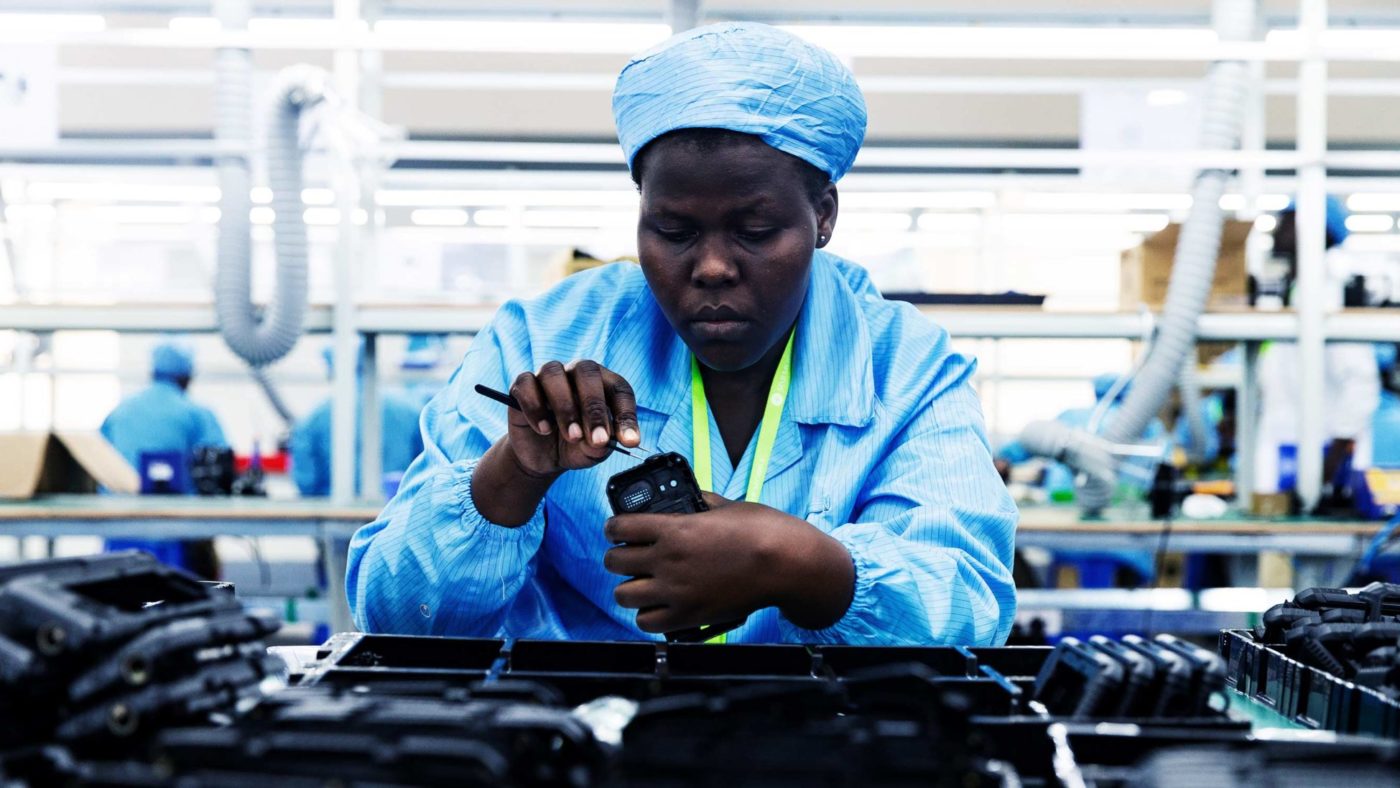Back in 2000, The Economist described Africa as the “hopeless continent,” adding that the “new millennium has brought more disaster than hope to Africa”. Thankfully, in the 20 years since The Economist’s sombre diagnosis, much has changed.
In fact, over the last 20 years, GDP in sub-Saharan Africa has tripled, and average per capita incomes, adjusted for inflation and purchasing power, have more than doubled. Beyond economic indicators, infant mortality rates have almost halved and literacy rates have increased by 8%. This may not sound like much, but this increase means that 136 million more Africans can read and write since the year 2000.
Over the same period, life expectancy in the region has increased by more than 10 years— or 12 hours a day since the turn of the millennium. For many people, this increase would be the difference between knowing your grandchildren or dying before they were born.
It’s important to note that much of the progress in Africa has only occurred since the late 1990s, and has largely coincided with a more liberalised economy. As Marian Tupy, editor of HumanProgress.org, has noted, “for much of their post-colonial history, African governments have imposed central control over their economies”. Measures such as expropriation of private land, price and wage controls, state-owned enterprises that prevented competition, and more, were all too common.
But, according to Tupy, “that began to change after the fall of the Berlin Wall. Socialism lost much of its appeal and the Soviet Union, which bankrolled and protected many African dictatorships, fell apart”. Between 1996 and 2016, economic freedom in the region, as measured by the Fraser Institute, a Canadian think-tank, rose from 5.1 out of 10 to 6.15.
And even with no further economic liberalisation, sub-Saharan Africa will likely continue to grow rapidly over the next decade.
Today, incomes in the region are equal to that of the average Western European living in the year 1900 — roughly $4,000 per year. By 2030, based on current growth trends, it can be reasonably expected that incomes in sub-Saharan Africa will be equal to that of the average Western European in 1934, at approximately $5,000 per year. Clearly, $5,000 a year is very little to live on, but achieving the same income growth over a 10-year period as Western Europe did within 34 would be a commendable achievement.
If these trends continue, life expectancy in the region will increase by another five years by 2030, and GDP will also likely surpass $2.2 trillion, making it equal to the eighth-largest economy in the world today.
There’s no guarantee, of course, that over the next decade, some African governments won’t impose barriers that prohibit trade, close borders, forego property rights, or intervene more heavily in their economies — all of which would undoubtedly be be an obstacle to progress. However, the good news is that due to the creation of a new continent-wide free trade deal, it seems that the economic liberalisation policies that have underpinned much of Africa’s growth over the last 20 years will likely accelerate in the coming decade.
On July 1, the African Continental Free Trade Area (AfCFTA), which is currently in its operational phase, will be fully implemented. The AfCFTA, which was first adopted by the African Union (AU) in March of 2018, has been signed by all but one of the AU’s 55 member states, and 29 have ratified the agreement.
The new free trade area will abolish 90% of tariffs on goods traded between member states and by the end of 2030, a further 7% of tariffs that remain on “sensitive products” will be removed. It’s an excellent move, since, as the United Nations has predicted, the AfCFTA could increase intra-African trade by upward of 50% within just a few years. After the final 10% of tariffs are removed, that number will likely double — no doubt adding billions to the region’s economy.
Certainly, Africa has a long way to go to catch up with the West, but we should be thankful that the once dubbed “hopeless continent” is now looking a lot more hopeful.
Click here to subscribe to our daily briefing – the best pieces from CapX and across the web.
CapX depends on the generosity of its readers. If you value what we do, please consider making a donation.


